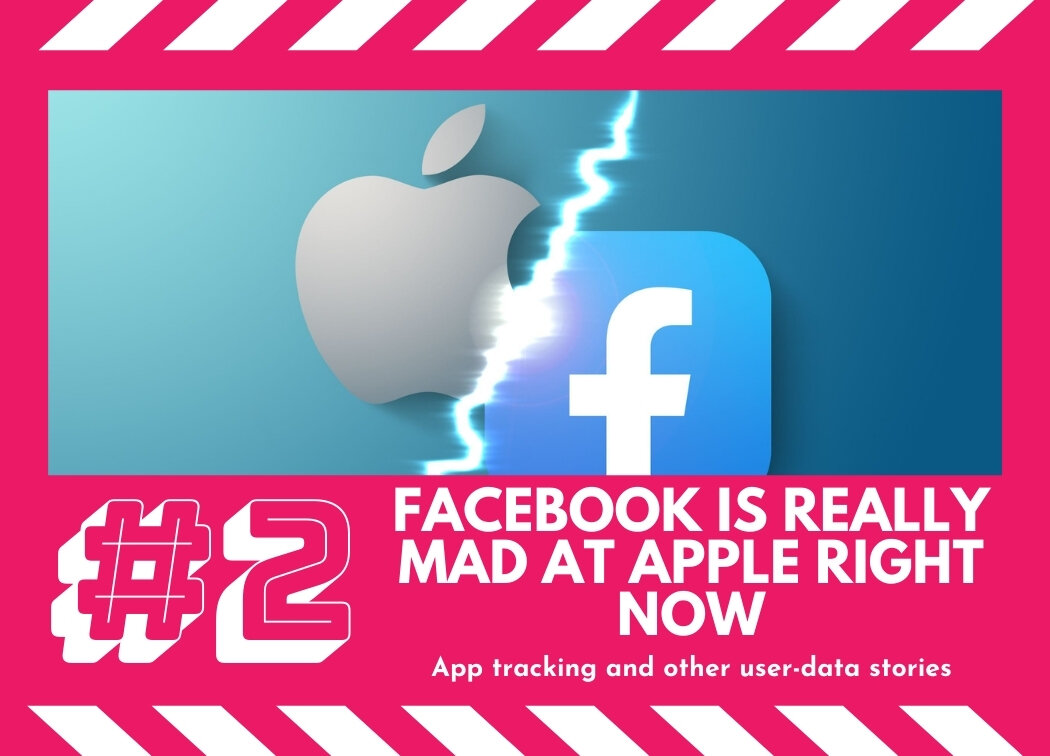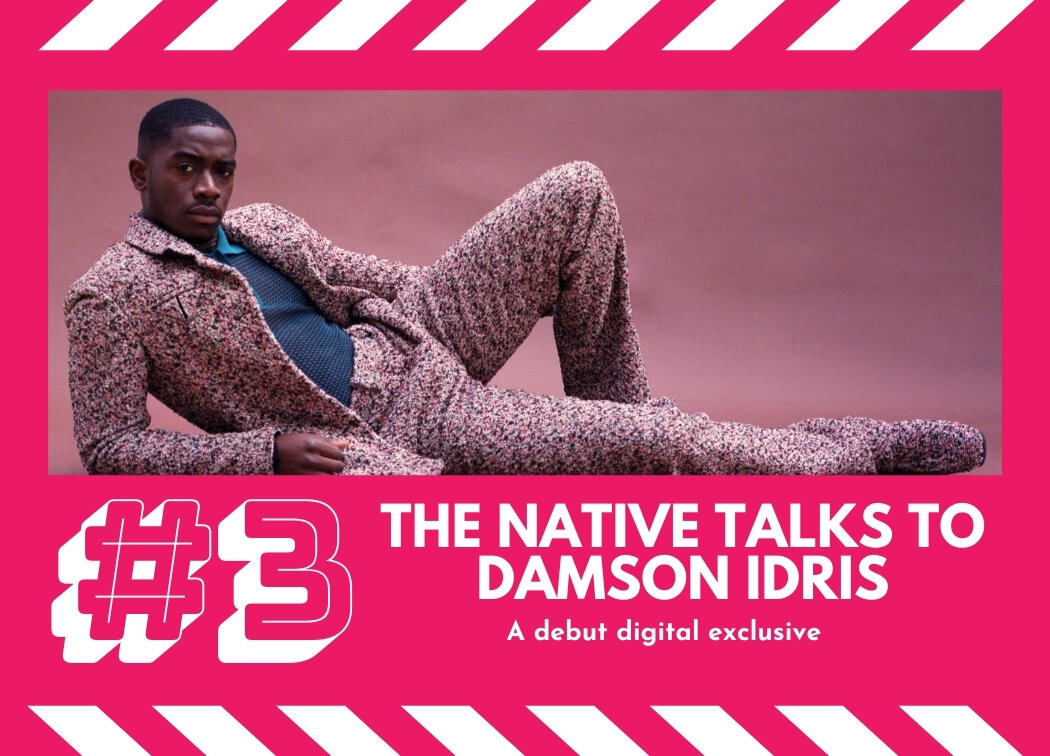The Round-Up 011: Bill and Melinda Did What?
“What the f_ck though? Where the love go?” - Lil Wayne, “Uproar”, 2019.
Yesterday, philanthropist, billionaire and former superpower couple Bill and Melinda Gates, announced their divorce after 27 years of marriage.
Back in 2019, during a Sunday Times interview to mark their 25th anniversary, Melinda said Bill had a 16-hour workday. She hinted his struggle to balance work and life has always strained their marriage because it’s incredibly hard for Bill to make time for family. She shared a story of how Bill reportedly spent weeks pouring over a pros and cons list on a whiteboard while trying to decide whether to marry her or not. “When he was having trouble making the decision about getting married, he was incredibly clear that it was not about me, it was about, ‘Can I get the balance right between work and family life?’” Melinda told The Sunday Times.
Now the couple is divorcing, after what they both described in a joint statement as giving “a great deal of thought and a lot of work on our relationship”. The good news is, they have both pledged to continue their great philanthropic work through the Bill and Melinda Gates Foundation. What's really hard to ignore though, is the mental image of Bill Gates up all night these past few weeks, probably brainstorming over a pros and cons list of 'Reasons to divorce or stay with Melinda’.
Here are three big stories you need for the 11th edition of ARTISH's round-up.
After yesterday, Twitter will now let you host Spaces if you have 600 followers and more.
In case you missed it, Twitter first began testing its new social-audio feature, Spaces, last December. The company announced Spaces would be more publicly available last month. In a recent blog post announcing new updates for iOS and Andriod users, Twitter revealed Spaces will eventually be available to all users, but for now, accounts with 600 followers tend to have a better grasp on their existing audience. “Before bringing the ability to create a Space to everyone, we’re focused on learning more, making it easier to discover Spaces, and helping people enjoy them with a great audience”, the company said.
In line with this aggressive push towards social audio, Twitter is also going to encourage creator adoption of Spaces with monetisation options like ticketing. Rival social-audio app Clubhouse has been playing around with a similar idea of donations and direct payments, but the feature to withdraw earnings is still limited to a number of users. With ticketing on Spaces, hosts will be able to charge an admission fee for people who want to virtually join sessions. Twitter has admitted it will take a small cut of the earnings, but most of it will still go to the creators.
Additionally, Spaces will allow hosts to schedule and set reminders for upcoming events. One major advantage Spaces already has over its competitor, Clubhouse, is the ability to live-caption conversations, which improves accessibility for users who may be hearing-impaired. As the social audio innovation race rages on amongst big-tech companies, both Spaces and Clubhouse could be neck-to-neck in the competition for market domination.
A storm has been brewing between Facebook and Apple since the latter tech giant released an iOS 14.5 update that allows users to decide if they want their metadata to be tracked or not. Now, there are two sides to this story, but spoiler alert: both of them involve capitalism.
But before we go into that, a little context to how ad-tracking has worked on iOS devices in the past is necessary.
Until now, developers have been able to track users within apps using mobile app analytics tools like Firebase, Localytics, iOS App Analytics etc. While devs can still piece together user information through some of these third-party services, Apple has always availed the actual data through a decade-old core system known as Identifier for Advertisers (IDFA). The gained insights and data can then be monetised by advertisers who use broader tools across the web, to map specific user behaviour and market segments for targeted advertising. Users have been able to opt-out of IDFA-tracking in the past from their phone settings, but with Apple's new App Tracking Transparency update, developers are now required to prompt user permissions before apps can track or exploit their data.
Since the update rolled out, Facebook has launched a staunch aggressive campaign against the feature. According to Facebook, Apple will be raising the cost of digital ads and stifling small businesses dependent on affordable targeted advertising. The tech giant has taken full-page ads in newspapers around the world, to state its case. And yesterday, continued its campaign on the iOS apps for Facebook and Instagram, with ‘educational’ pop-up notices about the consequence of users opting out of app tracking. Although The Information reports the type of ads that will be impacted are less than 5% of Facebook's business model, FB internally estimates 80% of users will opt-out of app tracking down the line.
Lagos to London magazine The NATIVE, launched its debut digital exclusive issue last week featuring British-Nigerian actor, Damson Idris. The NATIVE Editor-In-Chief, Seni Saraki, follows the actor's life and times from growing up in south London, where the expectation for young men is to either become rappers, footballers or gangsters. To working his way up on legendary British TV shows, and ending up in LA where he bagged a career-defining lead role on the newly-renewed FX crime-drama series, SNOWFALL. Read the full cover story here.




